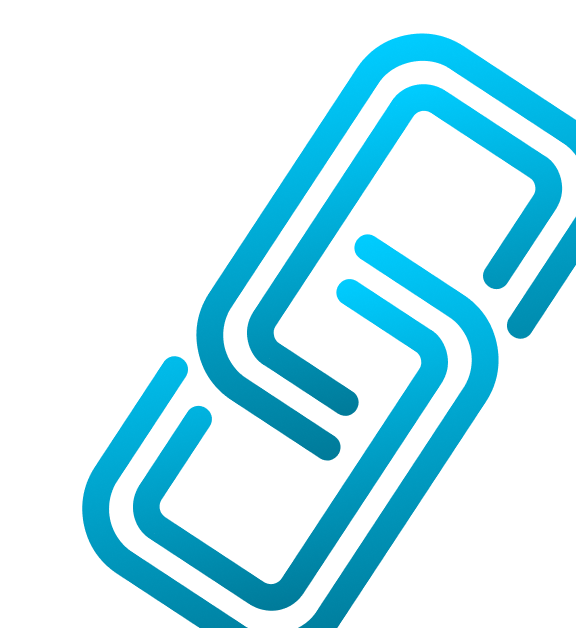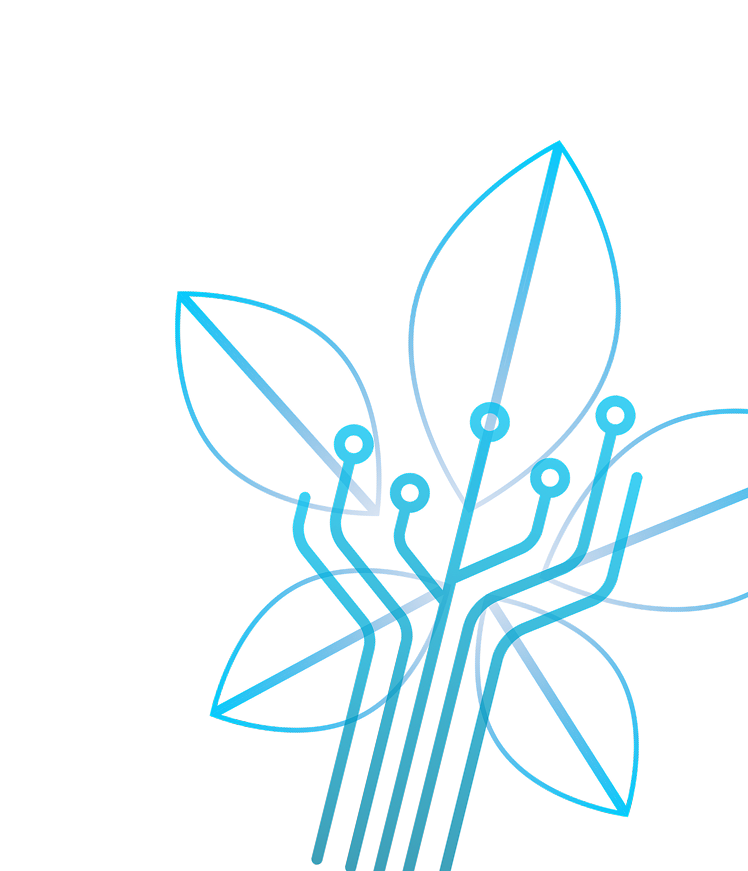Build with Blockchain. Accelerate with AI
Since 2018, Vottun has been designing and delivering enterprise-grade blockchain, digital asset, and tokenization solutions for companies and institutions that require real production systems—not just experiments.










